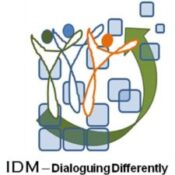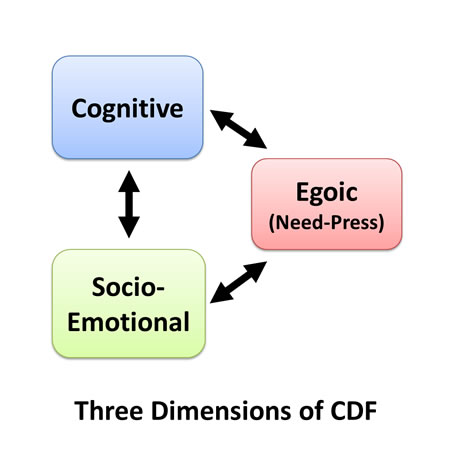In these comments on my keynote read to the June 2015 EMCC conference in Warsaw, Poland, I summarize writings on developmental coaching from my pen since 1999. I have taught this discipline to an international student body between the years of 2000 and 2015 at IDM, the Interdevelopmental Institute, and continue to practice what I have learned in this domain in work with teams and circles. Although some of my articles on developmental coaching have appeared in international journals, to this day (2018) the coaching profession — especially ICF coaching — has not absorbed the empirical findings from research in adult development that are the foundations of my practice of evidence-based developmental coaching.
Developmental coaching in terms of the IDM Institute I founded in 2000 entails that of the two English meanings of the term development one is “agentic”, and the other is “ontic”. The first meaning is expressed by a sentence such as “we develop a new team”, while the second is referred to in the sentence “this team is immature”. In the first case, one is thinking of individuals’ development in behavioristic terms, focusing on what outsiders do to support (horizontal) learning, while in the second one focuses on the development that by force of nature takes place in everybody as s(he) follows her life journey across the entire span of her personal development.
The first meaning of the term ‘development’ thus has to do with what others do to and for individuals, while the second refers to the natural mental development every individual is subject to and not in control of during her lifetime. This ‘ontic’ development surfaces in two different but intrinsically related forms: emotionally — or as I say, social-emotionally — and cognitively. For the sake of coaching effectiveness, linking these two strands of adult development in coaching practice is crucial, especially since they frequently diverge in a person. It is equally crucial for working with individuals as well as teams and circles.
Taking into account ontic development rather than only agentic development has stupendous consequences for educating coaches and mentors, as well as senior managers.
While “coach training” deals with agentic, horizontal development (that is learning), “coach education” deals with ontic, vertical development, thus mental growth that sets limits to learning. Mental growth is of great importance in distributed-leadership environments and in the context of supporting self organization in circles. This is so because circle members have lost the shelter once provided for them by hierarchical organization designs. The loss of organizational shelter provided by an assigned role makes circle members more vulnerable to experiencing their Job 1 — the task assigned to, or chosen by, them — as being overwhelmed by their Job 2, which consists of safeguarding their own developmental agenda.
To learn more about developmental coaching (in the ontic sense of the term development), look for the upcoming book publication by Jan De Visch and myself called Dynamic Collaboration: Strengthening self-organization and collaborative intelligence in teams (2018), and watch for an announcement of the launching of the book in Antwerp, Belgium, in a future blog.
What Coaches Should Know bout Their Clients 2015
NOTE: this is the first of a series of blogs pointing to Laske’s papers on developmental coaching written since 2007.




